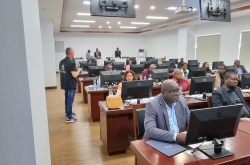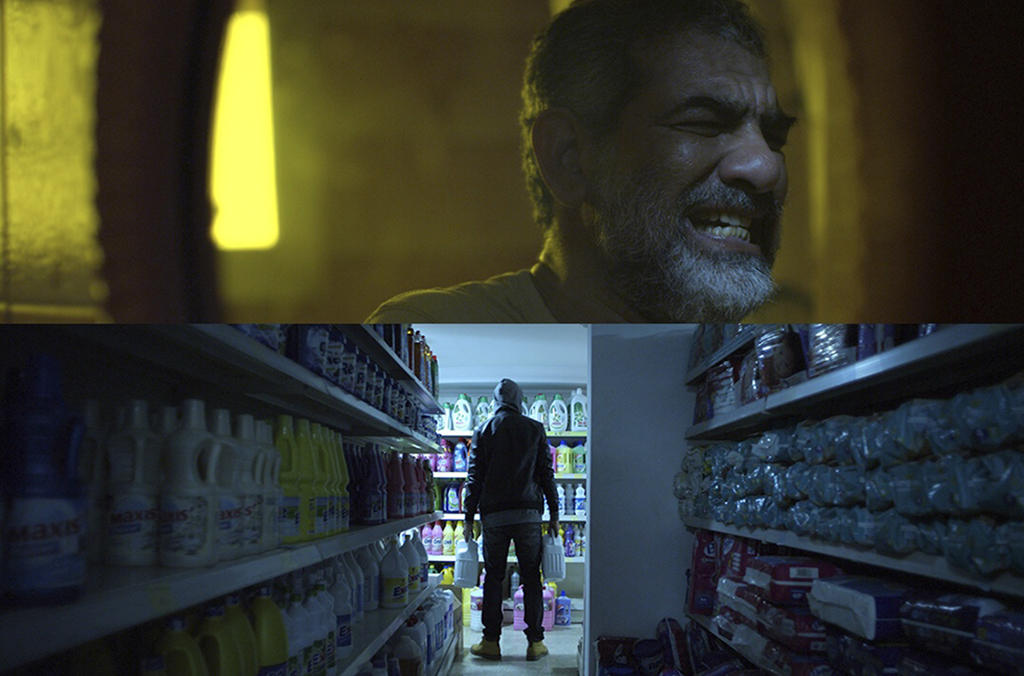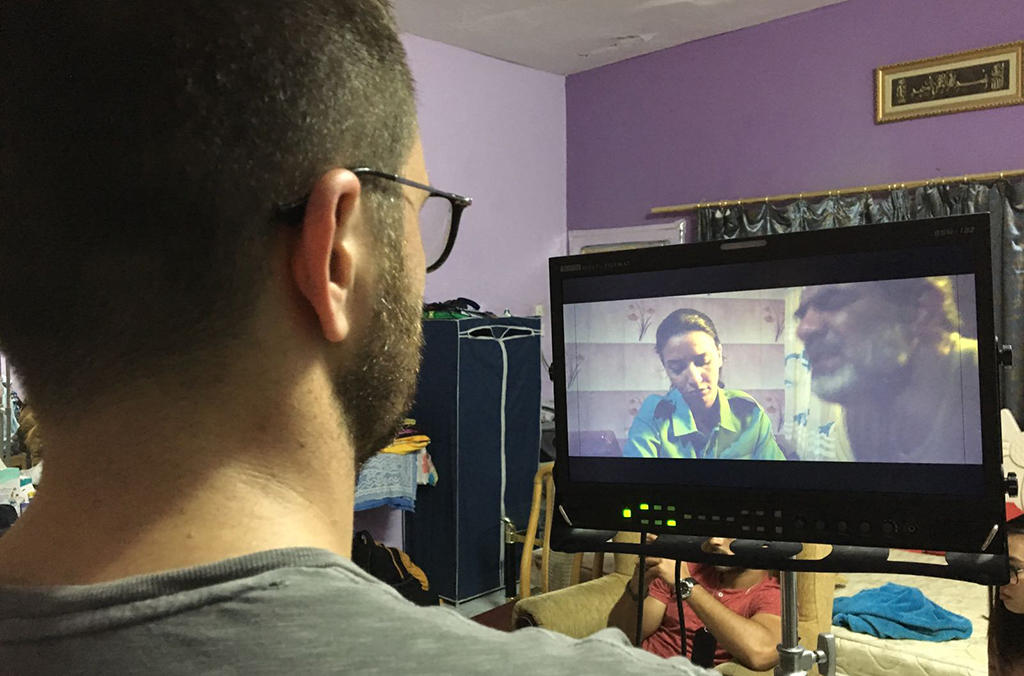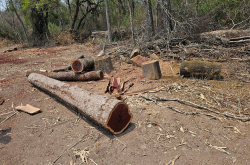A film developed by INTERPOL to help first responders recognize potential homemade explosives has won a gold prize at the Cannes Corporate Media and TV Awards.
The awareness-raising video highlights the importance of educating law enforcement, fire and ambulance services, and public health officials to identify early warning indicators of attacks in preparation, and how best to report such cases.
Coordinated by INTERPOL’s Project Litmus, the award-winning film highlights how chemical and explosive materials in the wrong hands pose a significant threat in every country, potentially endangering public safety on a large-scale.
The short informational film is part of a larger campaign to raise awareness and increase the capacity of law enforcement and other agencies who suspect anyone of preparing a bomb so they can be stopped before an attack takes place.
A global risk
High-profile explosive attacks using some ingredients found in common household products have affected communities worldwide – including in Abuja, Boston, London, Madrid, Moscow, Mumbai and Oklahoma.
INTERPOL supports the efforts of member countries to deter, detect and disrupt the use of chemicals in terrorist incidents by preventing criminals from diverting, smuggling and using chemical warfare agents, toxic industrial chemicals and explosive precursor chemicals.
“We know that terrorist groups are working hard to both acquire CBRNE materials and develop the expertise to use them,” said INTERPOL Secretary General Jürgen Stock.
“The Project Litmus awareness initiative highlights the need for the various agencies involved to work more closely together. Information exchange is key to strengthening the global security architecture required to effectively counter the terrorism threat,” added the Head of INTERPOL.
Project Litmus
Through training activities in Asia, the Middle East, and North Africa, the objective of INTERPOL’s Project Litmus is to provide an understanding of the evidentiary requirements for frontline authorities, and assist in facilitating the exchange of medical, forensic and scientific evidence among relevant agencies. The project falls under INTERPOL’s Chemical and Explosives Terrorism unit.
A lack of communication between agencies, and the failure to exchange crucial information, could lead to an explosive attack for the simple reason of not knowing whom to report such information.
Thousands are killed worldwide each year by improvised explosive devices. Delays in identifying the criminal or terrorist, and a loss of crucial evidence, significantly decrease a country’s ability to disrupt attacks and prevent the proliferation of such weapons, and fatal attacks.
Related news

Border security threats focus of STOP operations in Africa
8 December 2023
14 terror suspects arrested in African operation
9 June 2023











